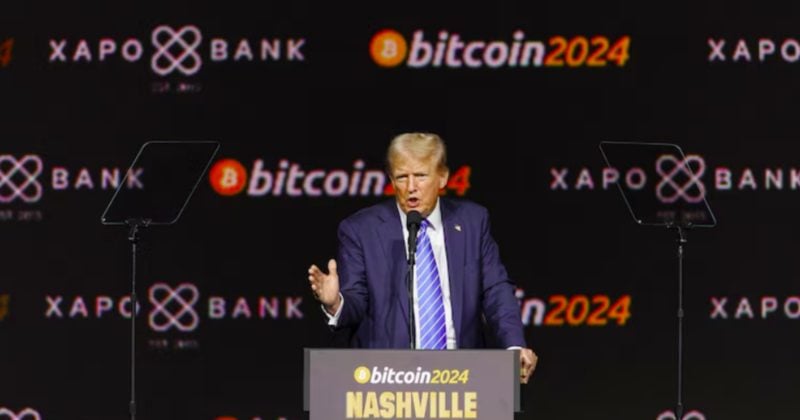The Vancouver City Council greenlit a motion to explore integrating Bitcoin into its financial operations, including a possible Bitcoin reserve and payments option.
Mayor Ken Sim introduced the motion to become a “Bitcoin-friendly city” before the Dec. 11 meeting, suggesting it could be a way to safeguard against inflation and currency devaluation.
Six councilors supported the motion, two were in opposition and three were absent.
Six councilors supported the motion, while only two were in opposition. Source: Vancouver City Council
During the meeting, councilors, experts and the public were given the opportunity to speak about the motion before the vote.
When it was his turn to speak, Sim said he filed the motion in response to “challenges in the future” and as a way to secure “the next 100 years” for the Canadian city.
“We have affordability challenges, and I truly believe that Bitcoin could be something that can solve our challenges, both financial and affordability,” Sim said.
Sim said he was also spurred to bring the idea to the council after investigating and finding that houses in the city had increased 381% in value between 1995 and 2022, but gold “pretty remained much flat.”
At the same time, he says the city’s fixed-income securities, worth $3.1 billion, had lost $185 million in market value.
Mayor Ken Sim urged the city council to explore the integration of Bitcoin into municipal financial strategies to help bolster financial stability. Source: Vancouver City Council
“There is something going on here; our currency is getting debased, and we are losing our purchasing power,” Sim said.
As a sign of his commitment, he also pledged a donation in Bitcoin (BTC) to the city, regardless of the outcome of the vote.
“Our family is going to donate $10,000 to the City of Vancouver in the form of Bitcoin and this is going to be a gift to the city that we love,” Sim said.
“We totally believe in the benefits of this and we’re putting our money where our mouth is,” he added.
Worry about illicit activities and environmental impact
Councilor Pete Fry, who opposed the motion, said he was concerned about the possible uses of crypto and digital assets in illicit activities and a lack of consultation with law enforcement.
According to Fry, Vancouver also “can’t legally accept” and deal in a tender that isn’t legal.
“In the absence of any really specific acknowledgment of the very serious issues around money laundering and the history in this city, I don’t think this is a step in the right direction,” he said.
Related: Alabama should establish Bitcoin reserve, says state auditor
Councilor Adriane Carr, who opposed the motion as well, argued that the environmental impact of Bitcoin mining and the drain on the electricity grid was of great concern.
In his original proposal, Sim requested a report on the Bitcoin Friendly City strategy by the end of the first quarter of 2025, including the feasibility, risks and potential benefits of adoption.
Magazine: How to pick a crypto gaming token winner this bull run: Web3 Gamer

 1 week ago
3
1 week ago
3








 English (US) ·
English (US) ·